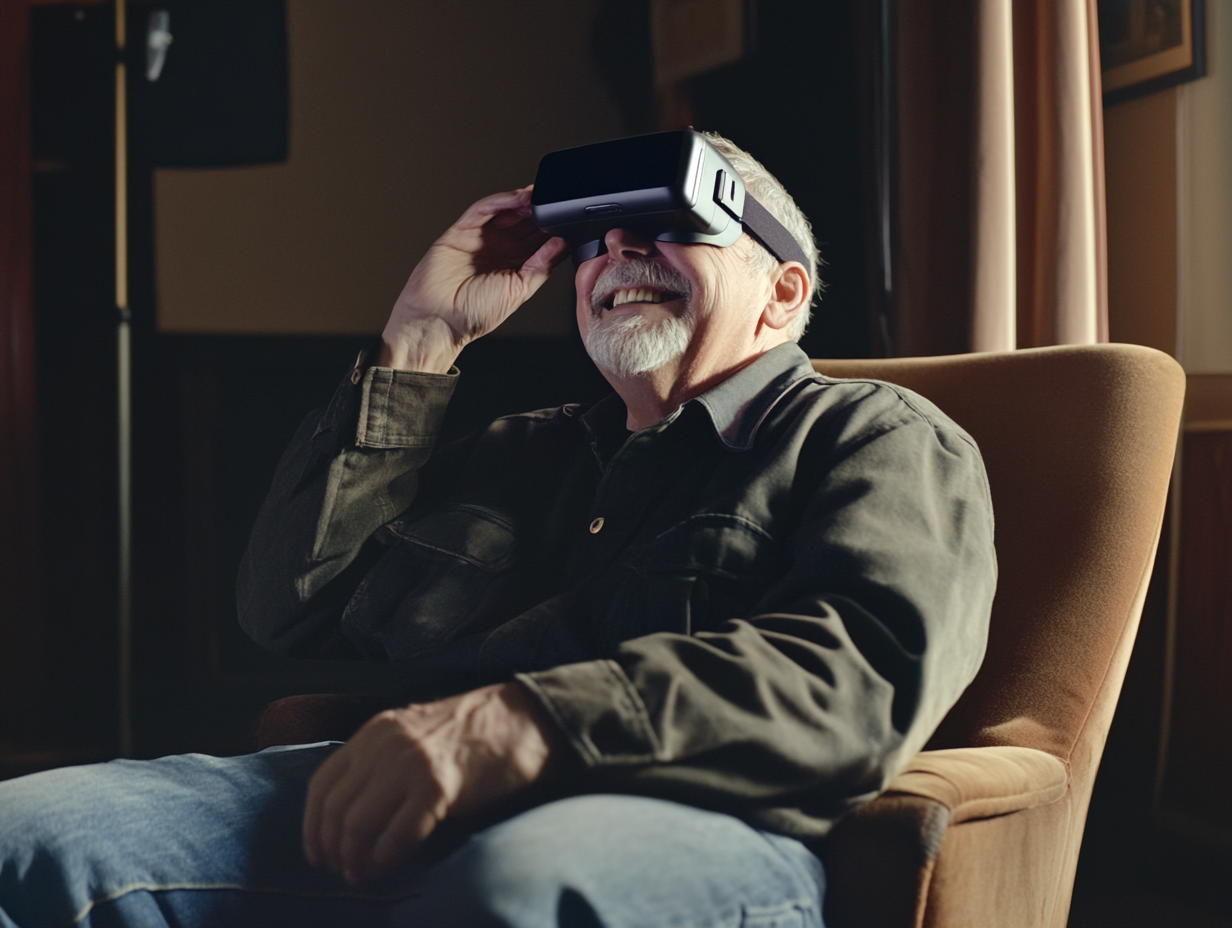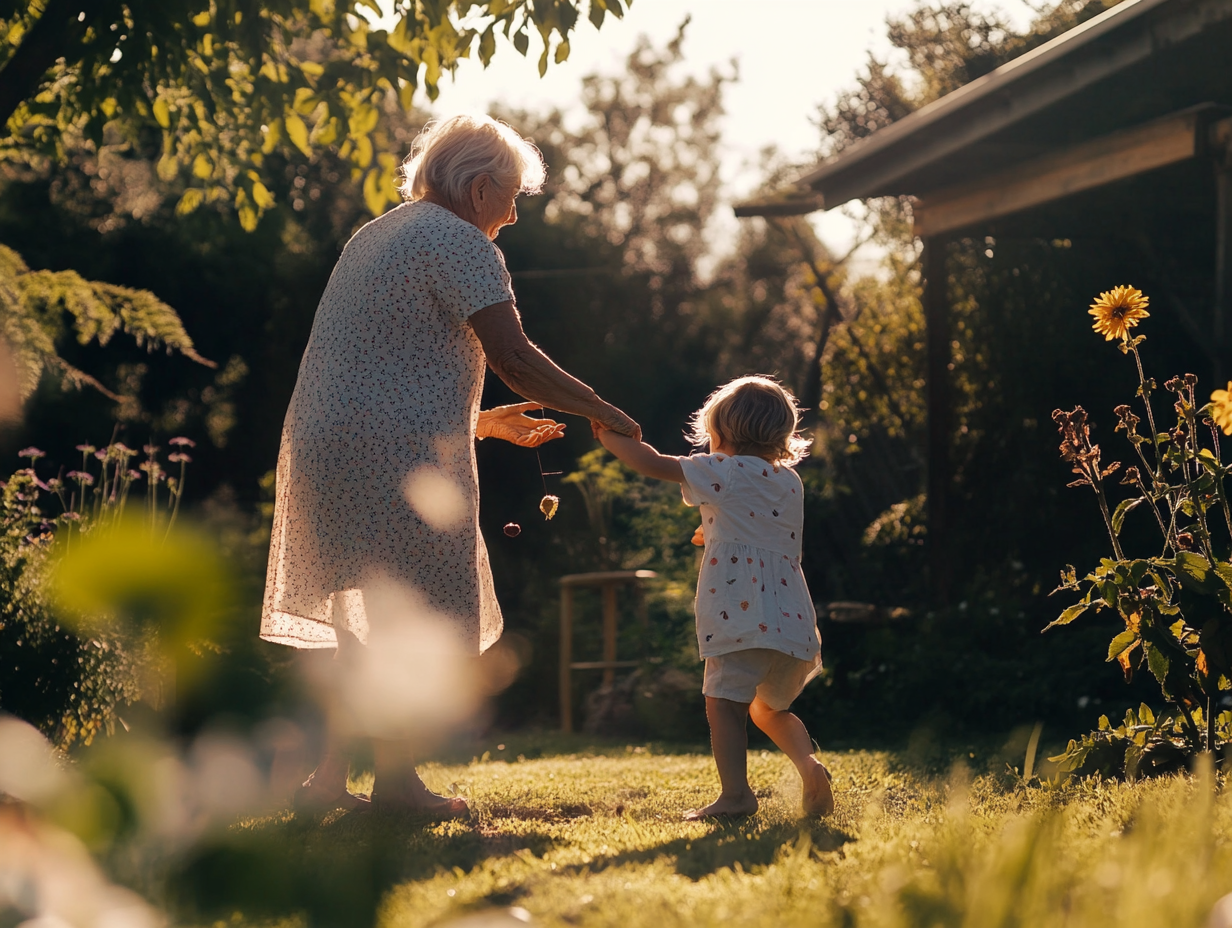Latest in: Dementia Education
With dementia cases growing by millions each year, families and healthcare providers are looking for smarter ways to help people with dementia stay safe, maintain their independence for longer, and live well. One increasingly …
4 min read
Many of us notice that time feels different as we age. But for people living with dementia, changes in time perception can become even more pronounced. Days blur and routines become harder to follow. …
3 min read
Vascular dementia is the second most common form of dementia after Alzheimer’s disease. While it shares some symptoms - like memory loss and confusion - it has a different root cause and often progresses …
3 min read
Dementia isn’t an inevitable part of aging.While age is the biggest risk factor, research shows that up to 40% of dementia cases worldwide may be preventable through lifestyle changes and early interventions. Small daily …
4 min read
Frontotemporal Dementia (FTD) is a group of brain disorders caused by progressive nerve cell loss in the brain’s frontal and temporal lobes - the areas responsible for behavior, personality, language, and movement. Unlike Alzheimer’s …
4 min read
Recognizing the early signs of dementia can be difficult, especially when symptoms are subtle or brushed off as “normal aging.” But spotting these changes early - and acting on them - can make a …
4 min read
Chronic Traumatic Encephalopathy (CTE) is a progressive, degenerative brain condition caused by repeated head trauma. Once primarily associated with professional athletes, especially football players and boxers, CTE is now recognized as a broader public …
3 min read
Lewy Body Dementia (LBD) is a complex and progressive brain disorder that affects thinking, movement, behavior, and mood. It’s one of the most common types of dementia after Alzheimer’s disease but remains widely misunderstood. …
4 min read
Co-design, or participatory design, involves end-users directly in the creation process of products and services. For seniors, this means collaborating with designers and developers to ensure that technologies align with their preferences, abilities, and …
4 min read
Explaining dementia to a child can be one of the most emotional and complex conversations a family has. Children often notice changes in a grandparent long before adults acknowledge them aloud - forgetting names, …
3 min read












